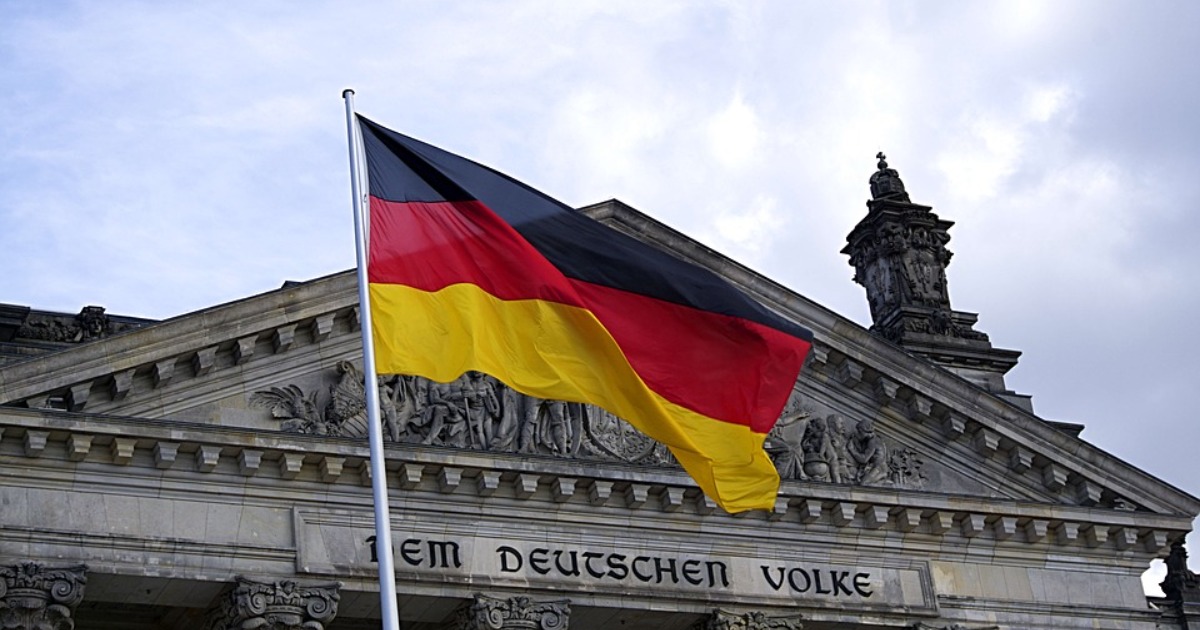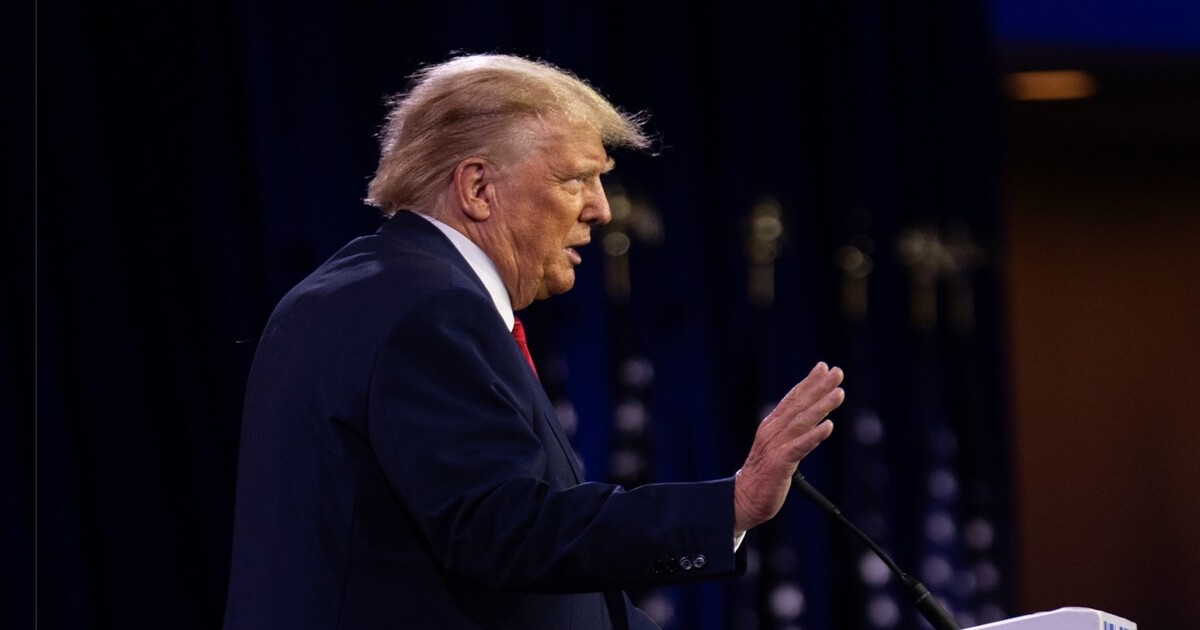Germany At the Tipping Point
Whether on education policy, energy policy, migration policy, technology policy, infrastructure policy or housing policy, Germany faces a host of unresolved problems.
August 16, 2024

A Strategic Assessment Memo (SAM) from the Global Ideas Center
You may quote from this text, provided you mention the name of the author and reference it as a new Strategic Assessment Memo (SAM) published by the Global Ideas Center in Berlin on The Globalist.
The Federal Republic of Germany is the world’s third largest economy. At the mid-year point of 2024, the country finds itself at a tipping point.
Alarmingly, the accumulation of Germany’s unresolved – and often unaddressed – policy problems could soon lead to a serious crisis of democracy.
Avoid reforms in the name of protecting “social cohesion”
The government led by Olaf Scholz, the country’s self-declared “progress coalition,” must urgently abandon the tendency to avoid any real reforms, such as on pensions and welfare spending, in the name of protecting “social cohesion.”
The downside of not making tough choices now will only lead to a metastasizing of political and social problems in the future. If anything, that attitude is profoundly anti-modern and ultimately anti-democratic.
Punting plays into the hands of the extremists
This stance will only play into the hands of the extremist, consistently pro-Russian forces on the far right and the far left, the AfD and the BSW.
Nobody could wish for that. And yet, the SPD and the Greens, the political forces that fervently warn against the rise of the far right, seem asleep at the wheel.
Germany’s list of shortcomings is long. To name but a few: Stagnating economic growth, declining productivity, an aging population, falling levels of direct investment, no meaningful housing construction, the steady downturn in educational outcomes on the one hand paired with a continuous trend towards over-academization on the other as well as the constant expansion of the state’s balance sheet to fund consumption at the expense of investment.
Germany’s misguided migration policy
One particularly massive tipping point is the country’s misguided migration policy. Since the red-green coalition era under Gerhard Schröder (1998-2005), there have been grandiose-sounding plans to attract skilled workers from abroad.
They have had little success. In particular, migration has failed to address an urgently needed increase in productivity. Instead, Germany suffers from a high level of uncontrolled migration, welcoming people from countries with low education levels.
One can see that this leads to a high burden on the welfare state – and already calculate what this means for future pension levels.
Energy policy: Beware of yet more “special paths”
Another tipping point is energy policy. There, too, Germany is continuing to cheerfully pursue a special path that is remarkably not shared by any other nation.
As to the energy transformation led by the ever-charming Mr. Habeck, the country’s Economic and Climate Minister, none of his grand plans on items such as green hydrogen are based on reliable statements as to the cost, time and quantity dimensions of what he proposes.
Nobody is doing the math
In making his great pronouncements, Habeck consistently ignores the practical dimension, in particular the prickly matter of energy balancing 24x7x365, as well as the immense financial implications of a system change to renewables.
Nuclear is abandoned, while technologies that would make sense for a highly industrialized – and technologically capable – country such as carbon capture are effectively still shunned.
German citizens will realize quite soon that betting the house on sub-optimally deployed renewables will further increase their already tax load and energy bills.
When that happens, it stands to reason that the Greens – an erstwhile political darling – will face their day of political reckoning.
The green hydrogen pipedream
There are increasing signs that green hydrogen, invoked as a panacea to all of Germany’s energy problems, may well prove to be a pipedream.
Not only does it remain very costly, there are also questions as to the ability to deliver sufficient quantities. As a result, even steel companies are beginning to move away from the hype.
Going in the wrong direction
In view of the significant change in the global economic circumstances for Germany, the current government, predictably enough, is shying away from preparing the country for the future or even realistically managing expectations.
Indeed, on LinkedIn and in leading newspapers, there is a significant faction currently pushing a German optimism campaign.
Having long lived in the United States, I have nothing against optimsism. But in contrast to these forces who apparently believe that Germany’s very real problems are only imagined, I believe theirs is a head-in-the-sand campaign.
Germany’s problems are very real
To a significant extent, this is a simple question of political math. Just consider that two of the three parties in Germany’s governing coalition, the SPD and the Greens, are still trying to outdo each other in coming up with ever higher levels of social benefits.
They essentially consider Germany a rich country that can afford anything it wants.
Intergenerational equity anybody?
Meanwhile, the liberal FDP repeatedly shies away from pulling the emergency brake at crucial moments – as was most blatantly the case with agreeing to a “pension reform” that was anything but.
All it achieved was to further weigh down the young generation with yet more of a burden to finance the financially rather well positioned older generation.
German companies looking for a way out
Under these circumstances, it is no wonder that German companies, including its famed Mittelstand companies, are now looking for a way out.
The lack of economic realism that mars government policy leads more and more business owners to choose not to endure the never-ending drudgery any longer and to simply close shop.
The AfD even takes votes from the SPD
The fact that Mr. Scholz’s SPD, once a proud representative of the working class, is losing a considerable number of voters to the AfD and that more and more trade unionists are AfD voters is a significant development. It underscores that the party has lost its bearings.
One can only wish that the current German government stops playing solely to their functionaries and hard-core partisans and instead focuses on the interests of the wider public at large.
Conclusion
In Olaf Scholz, Germany has a Chancellor who, even at this critical juncture, clearly does not understand the depth of the problem. Forever self-righteous, he believes categorically that all that German businesses can do is to complain.
That is quite unbecoming for a man who has long prided himself on having previously served as First Mayor of Hamburg, a port city that has a global reputation for having always been strongly commercially oriented.
Takeaways
Whether on education policy, energy policy, migration policy, technology policy, infrastructure policy or housing policy, Germany faces a host of unresolved problems.
Alarmingly, the accumulation of Germany’s unresolved – and often unaddressed – policy problems could soon lead to a serious crisis of democracy.
The government led by Olaf Scholz must urgently abandon the tendency to avoid any real reforms in the name of protecting “social cohesion.”
The downside of not making tough choices now will only lead to a metastasizing of political and social problems in the future.
German citizens will realize quite soon that betting the house on suboptimally deployed renewables will further increase their already tax load and energy bills.
On LinkedIn and in leading newspapers, there is a significant faction currently pushing a German optimism campaign.
I have nothing against optimism. But in contrast to these forces who apparently believe that Germany’s very real problems are only imagined, I believe theirs is a head-in-the-sand campaign.
A Strategic Assessment Memo (SAM) from the Global Ideas Center
You may quote from this text, provided you mention the name of the author and reference it as a new Strategic Assessment Memo (SAM) published by the Global Ideas Center in Berlin on The Globalist.


